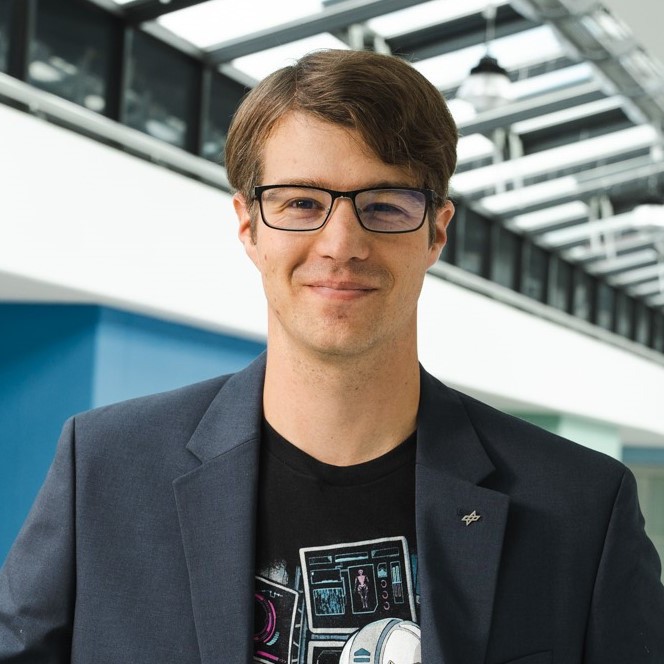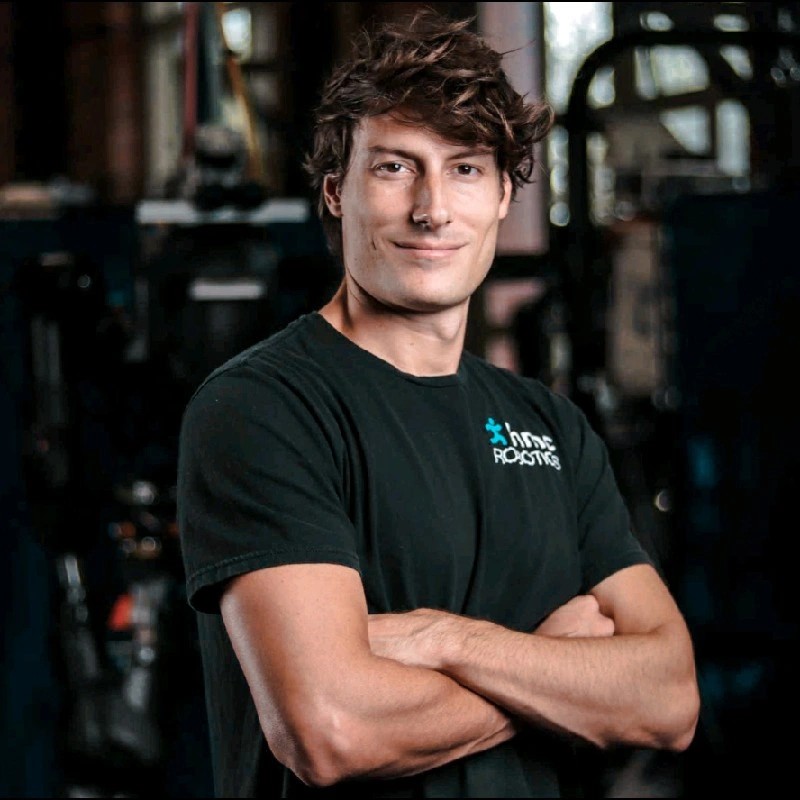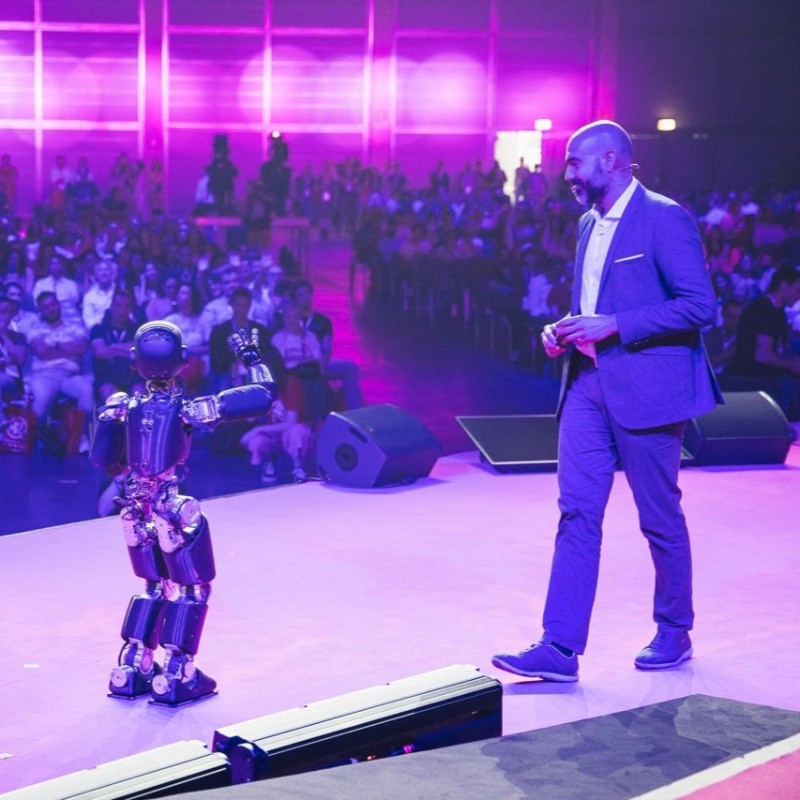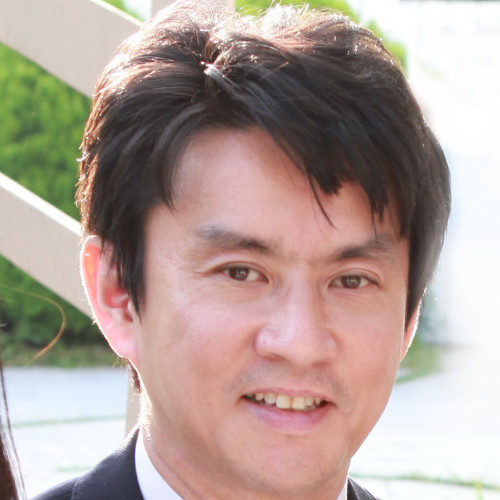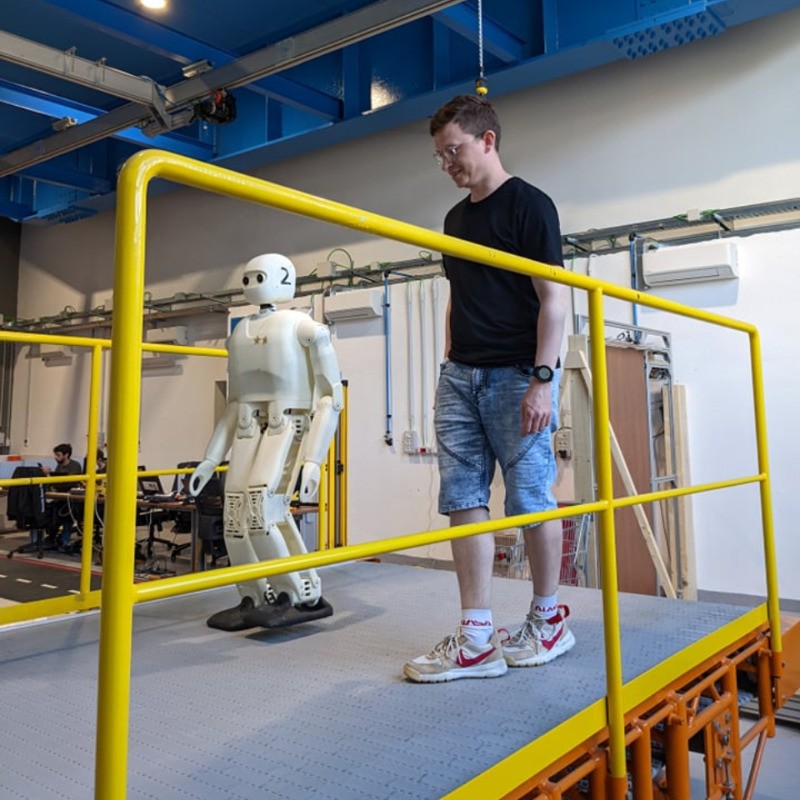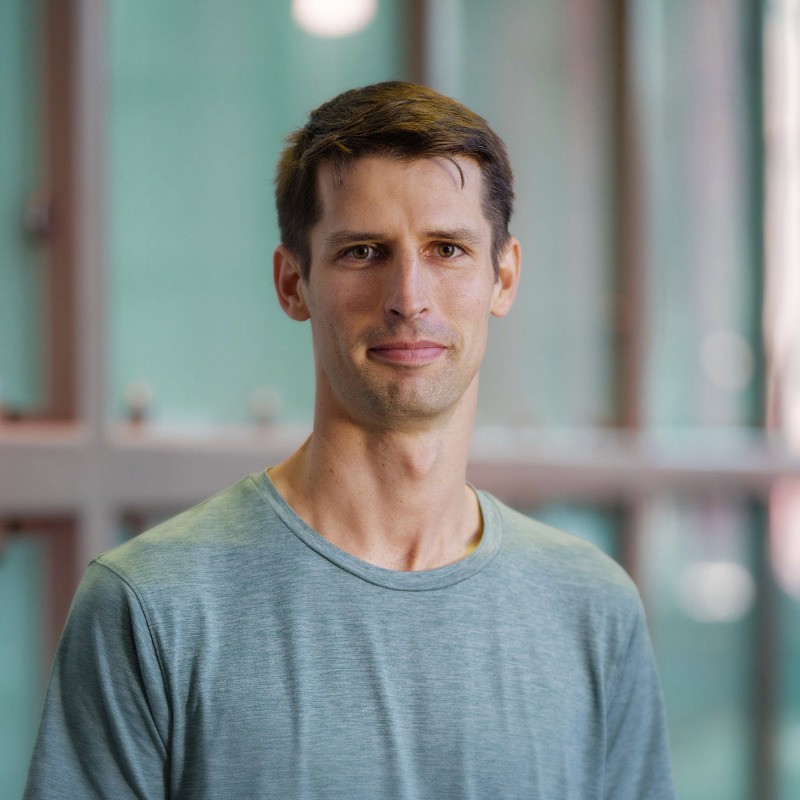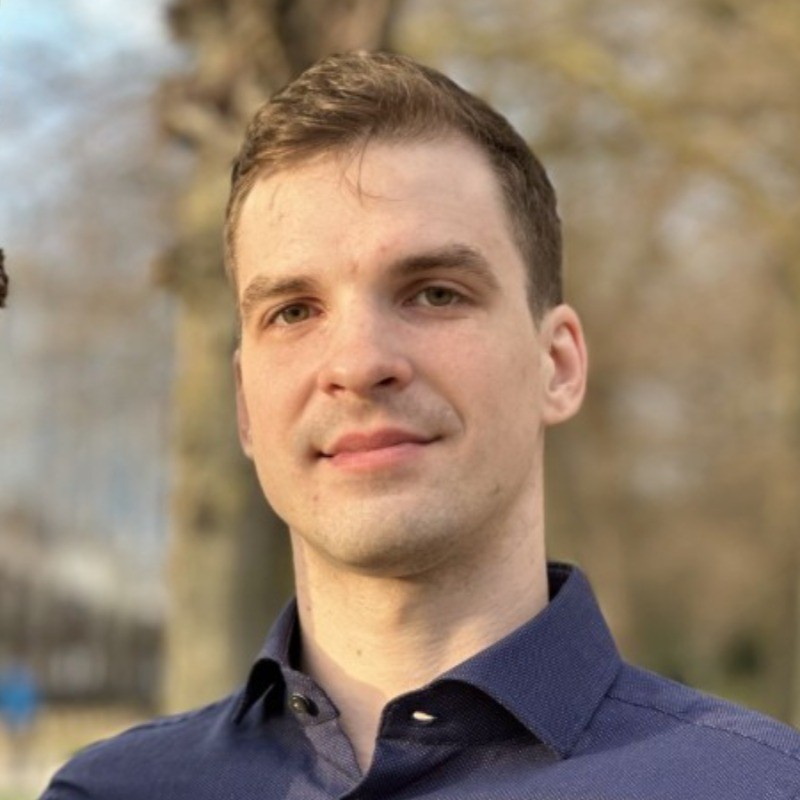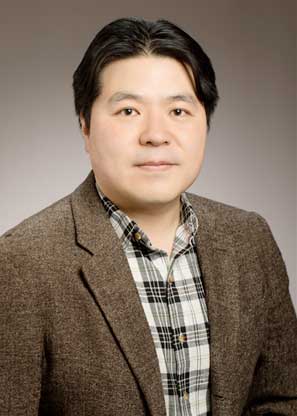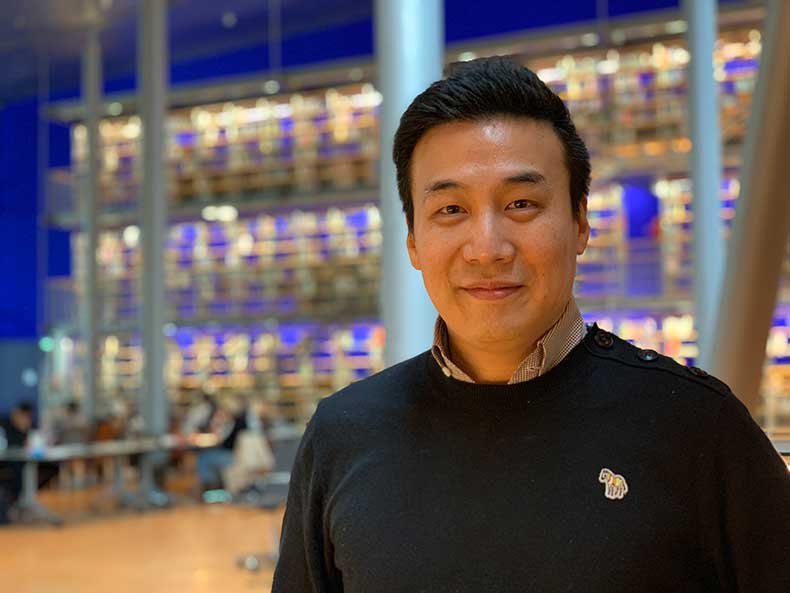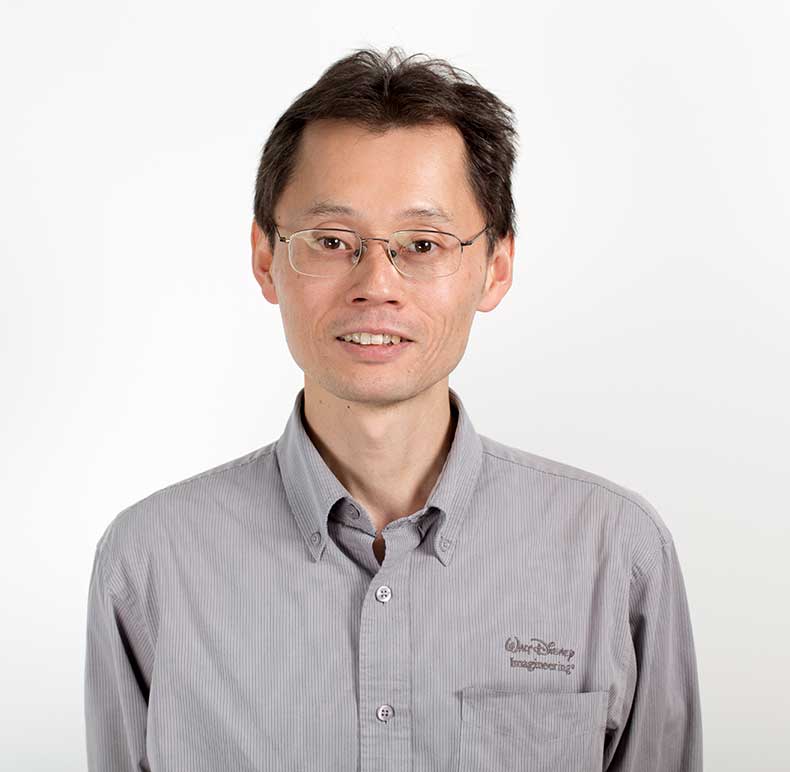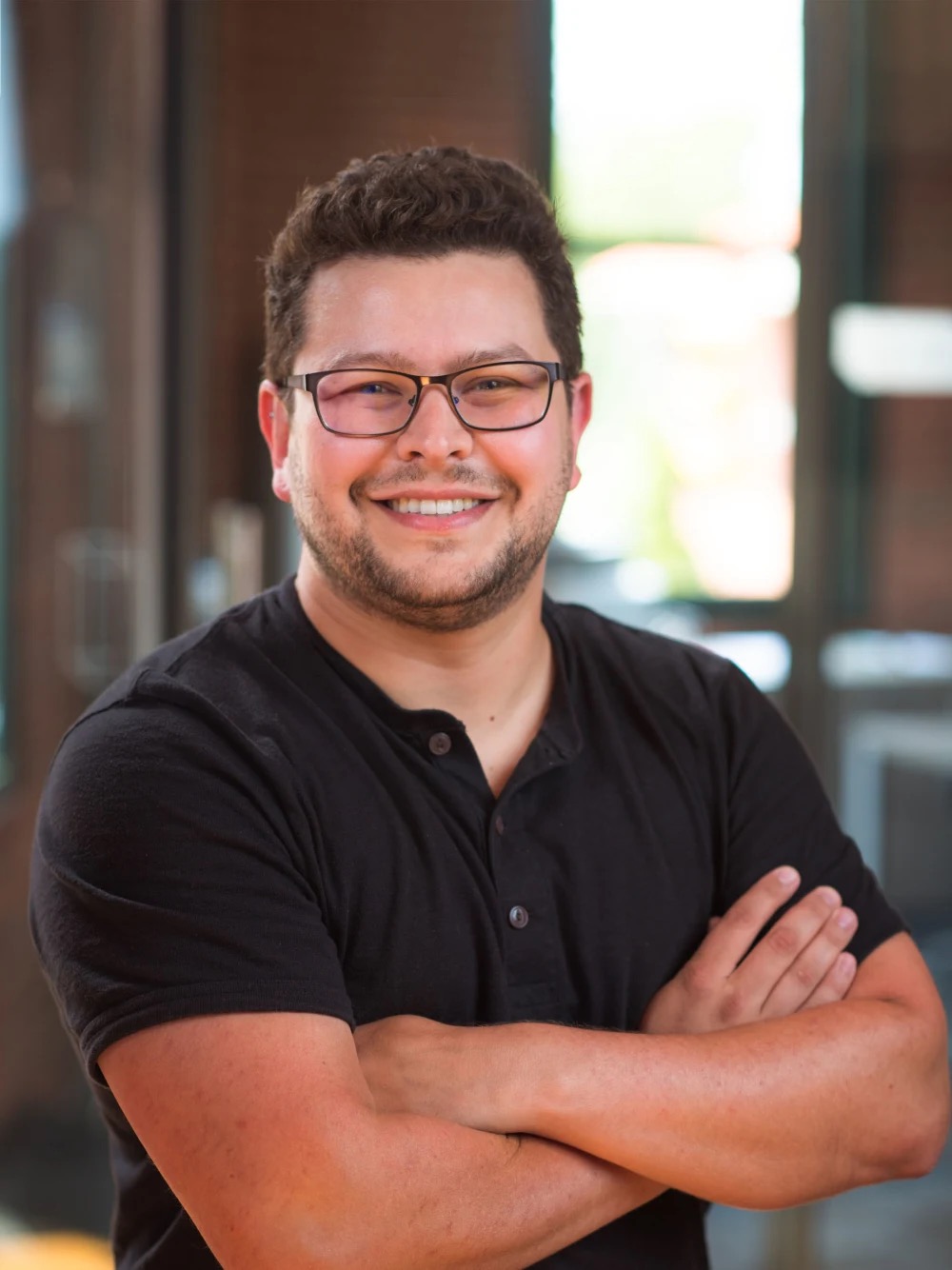Prof. Dr. Sven Behnke holds since 2008 the chair for Autonomous Intelligent Systems at the University of Bonn and heads the Computer Science Institute VI – Intelligent Systems and Robotics. He graduated in 1997 from Martin-Luther-Universität Halle-Wittenberg (Dipl.-Inform.) and received his doctorate in computer science (Dr. rer. nat.) from Freie Universität Berlin in 2002. In his dissertation "Hierarchical Neural Networks for Image Interpretation" he extended forward deep learning models to recurrent models for visual perception. In 2003 he did postdoctoral research on robust speech recognition at the International Computer Science Institute in Berkeley, CA. In 2004-2008 Professor Behnke led the Emmy Noether Junior Research Group "Humanoid Robots" at Albert-Ludwigs-Universität Freiburg. His research interests include cognitive robotics, computer vision, and machine learning. Prof. Behnke received several Best Paper Awards, three Amazon Research Awards (2018-20), a Google Faculty Research Award (2019), and the Ralf-Dahrendorf- Prize of BMBF for the European Research Area (2019). His team NimbRo has won numerous robot competitions (RoboCup Humanoid Soccer, RoboCup@Home, MBZIRC, ANA Avatar XPRIZE).
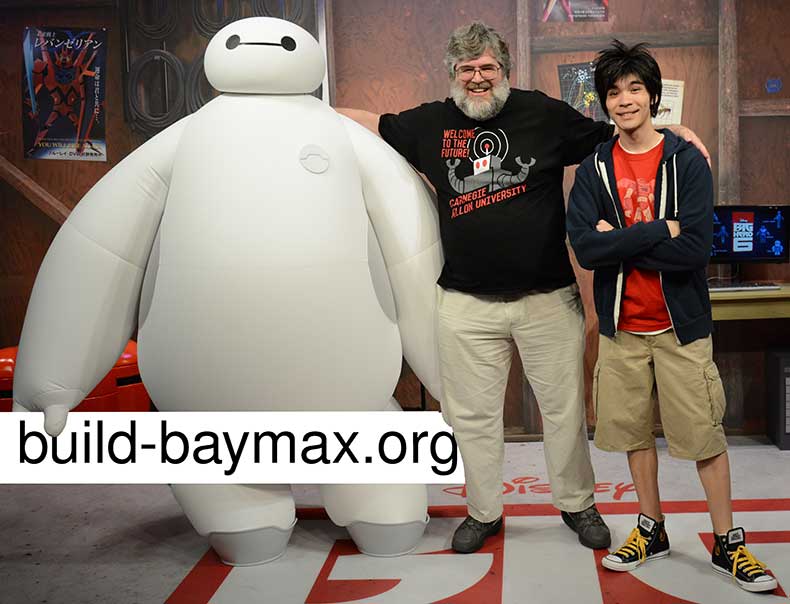
Christopher G. Atkeson
I am a Professor in the Robotics Institute and Human-Computer Interaction Institute at Carnegie Mellon University. My life goal is to fulfill the science fiction vision of machines that achieve human levels of competence in perceiving, thinking, and acting. A more narrow technical goal is to understand how to get machines to generate and perceive human behavior. I use two complementary approaches, exploring humanoid robotics and human aware environments. Building humanoid robots tests our understanding of how to generate human-like behavior, and exposes the gaps and failures in current approaches.



